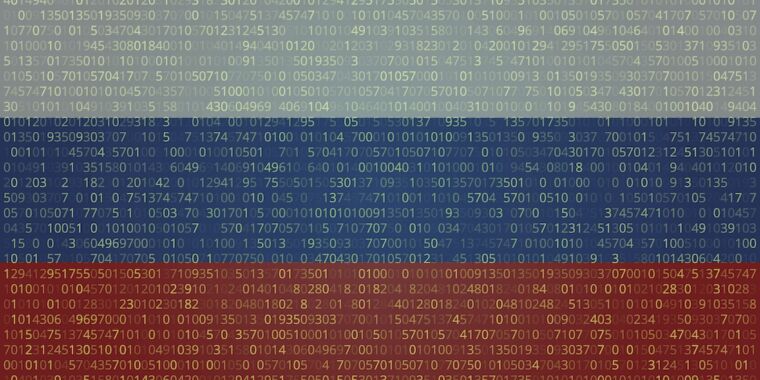
Microsoft researchers have discovered a new malware named GooseEgg, which has been used by Russian state-sponsored hackers Forest Blizzard since at least June 2020. The malware exploits a vulnerability in the Windows Print Spooler service and allows attackers to perform remote code execution, install backdoors, and move laterally through compromised networks.
The hackers typically target strategic intelligence assets, government organizations, technology companies, education sector, transportation sector, and other nongovernmental organizations in the U.S., Europe, and the Middle East. Microsoft has observed that Forest Blizzard also targets media organizations and educational institutions.
Microsoft patched the Print Spooler security flaw in 2022. Customers who have not implemented these fixes yet are urged to do so as soon as possible for their organization's security.
In addition to CVE-2022-38028, Forest Blizzard also exploits other bugs such as CVE-2023-23397, which affects all versions of Microsoft Outlook software on Windows devices. The group has been attempting to use the Microsoft Outlook bug to gain unauthorized access to email accounts within Microsoft Exchange servers since as early as April 2022.
Forest Blizzard is a sophisticated threat actor associated with Russia's military intelligence agency, the GRU. The group was previously known as Fancy Bear and APT28.
Microsoft advises organizations to implement security best practices such as applying software patches promptly, enabling multifactor authentication, and using endpoint protection solutions to mitigate the risk of GooseEgg and other similar threats.



